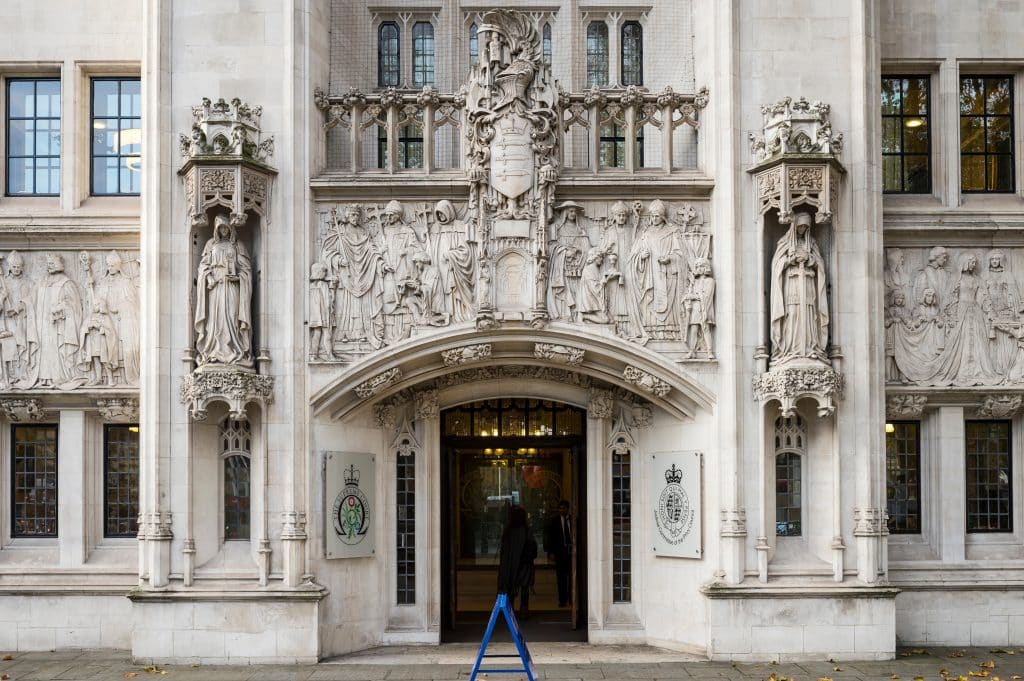The High Court’s decision in Lane v Lane [2024] EWHC 275 (Ch) provides crucial guidance on when executors can be removed from their position, clarifying that the “touchstone” is what serves the interests of beneficiaries as a whole.
This case, along with its subsequent costs judgment, demonstrates the court’s willingness to intervene swiftly when executors fail in their duties or abuse their position for personal advantage.
The Problem with Susan Dorothy Lane
Susan Dorothy Lane found herself in the High Court facing an application for her removal as executrix of an estate. The case catalogue of her failings makes for sobering reading for anyone appointed to administer an estate. She had committed multiple breaches of her duties, failed to progress the administration properly, and appeared to be using her position for personal benefit rather than serving the beneficiaries’ interests.
What makes this case particularly instructive is that it wasn’t about fraud or theft – the more dramatic forms of executor misconduct. Instead, it concerned the more common but equally damaging scenario of an executor who simply wasn’t doing the job properly, causing frustration, delay, and financial loss to the beneficiaries.
The Legal Test: Beneficiaries Come First
Jonathan Hilliard KC, sitting as a Deputy High Court Judge, provided crystal-clear guidance on the test for removing executors. Under section 50 of the Administration of Justice Act 1985, the court has power to remove personal representatives, but when should this power be exercised?
The judge emphasised that the “touchstone under section 50 of the Administration of Justice Act is what is in the interests of the beneficiaries of the estate as a whole.” This isn’t about punishing bad executors – it’s about protecting beneficiaries and ensuring estates are properly administered.
This beneficiary-focused approach means the court will look at whether keeping the executor in place serves or harms the beneficiaries’ interests. Where an executor’s continued involvement is causing delay, expense, or conflict, removal becomes not just possible but necessary.
What Went Wrong: A Cautionary Tale
The litany of failures by Mrs Lane provides a masterclass in how not to act as an executor. Her administration failures were multiple and serious, ranging from basic procedural errors to more fundamental breaches of duty. She failed to keep proper accounts, delayed in gathering in assets, didn’t communicate properly with beneficiaries, and appeared to treat estate assets as if they were her own.
Perhaps most damningly, she seemed to view her role as executor as giving her special rights over the estate, rather than imposing special duties. This fundamental misunderstanding of the executor’s role – as a fiduciary owing duties to the beneficiaries – underlies many executor removal cases.
The Costs Consequences: A Warning to Executors
The subsequent costs judgment ([2024] EWHC 752 (Ch)) adds another layer of importance to this case. The court didn’t just remove Mrs Lane – it also made her personally liable for costs. This sends a powerful message to executors who might be tempted to dig in their heels when faced with legitimate concerns about their conduct.
The costs judgment emphasised that executors should maintain neutrality and avoid using their position for personal advantage. Where executors force beneficiaries to apply to court for their removal due to misconduct or incompetence, they risk personal liability for the legal costs involved.
Connell v Connell: Administration “Spun Out Without End”
The judgment referenced Connell v Connell [2024] EWHC 2646 (Ch) as another example of executors wrongly leveraging their position. In that case, the court found that executors had caused the administration to be “spun out without end,” using their control over the estate as a bargaining chip in wider family disputes.
This phrase – “spun out without end” – captures perfectly the frustration beneficiaries feel when executors fail to progress matters. Estates that should be administered within months or a year at most can drag on for years when executors don’t fulfil their duties properly.
When Should Beneficiaries Seek Executor Removal?
Based on Lane v Lane and similar cases, beneficiaries should consider seeking executor removal when experiencing unreasonable delays in estate administration without valid explanation, failure to provide accounts or information about estate assets, executors treating estate property as their own, serious conflicts of interest affecting administration, breakdown in communication between executors and beneficiaries, or evidence that the executor lacks either the competence or willingness to complete their duties.
The key is acting promptly when problems arise. The longer dysfunctional executors remain in post, the more damage they can do to the estate and beneficiary relationships.
The Court’s Approach: Swift and Decisive
What’s striking about recent executor removal cases is the court’s willingness to act decisively. Gone are the days when judges would give failing executors endless chances to improve. The modern approach recognises that beneficiaries shouldn’t have to endure years of poor administration.
Courts now frequently appoint independent professional executors – often solicitors or accountants – to replace removed family members. While this adds cost to the estate, it often proves cheaper than continued litigation and ensures proper, neutral administration.
Practical Lessons for Executors
For those acting as executors, Lane v Lane provides several crucial lessons. First, remember that you’re a fiduciary – you owe duties to the beneficiaries, not to yourself. Keep meticulous records and accounts, and be prepared to share them. Communicate regularly with beneficiaries, even if relationships are difficult. Don’t treat estate assets as your own, no matter how informal family arrangements might have been. If you’re out of your depth, seek professional help or consider renouncing.
Most importantly, if beneficiaries raise legitimate concerns, address them properly rather than becoming defensive. The executor who acknowledges problems and seeks to fix them is far less likely to face removal proceedings.
For Beneficiaries: Know Your Rights
Beneficiaries aren’t powerless when faced with problematic executors. You have the right to information about the estate and its administration. You’re entitled to see accounts showing what’s come in and gone out. You can expect reasonable timescales for administration. And ultimately, you can apply to court for executor removal if necessary.
However, court applications should be a last resort. They’re expensive, time-consuming, and can destroy family relationships permanently. Before applying to court, consider writing formally to set out your concerns, suggesting mediation to resolve disputes, proposing the appointment of an independent professional to assist, or seeking legal advice about your options.
The Bigger Picture
Lane v Lane reflects a broader judicial trend toward protecting beneficiaries and ensuring efficient estate administration. Courts increasingly recognise that executor positions aren’t honours or rights – they’re positions of responsibility that must be discharged properly.
This shift matters because it affects how estates are administered across England and Wales. Executors who might once have felt untouchable now know they can be removed and held personally liable for costs if they fail in their duties. This should encourage higher standards and more professional approaches to estate administration.
Conclusion
Lane v Lane sends a clear message: the interests of beneficiaries come first, and courts won’t hesitate to remove executors who forget this fundamental principle. For executors, it’s a reminder to take their duties seriously and act with professionalism and transparency. For beneficiaries, it’s confirmation that the law provides remedies when executors fail in their duties.
The case also highlights the importance of choosing executors carefully when making wills. The person who seems the obvious choice – the eldest child, the spouse, the closest friend – might not have the skills, temperament, or neutrality needed for effective estate administration. Sometimes, appointing a professional executor from the outset can prevent years of conflict and litigation.
If you’re facing difficulties with an executor who isn’t properly administering an estate, or if you’re an executor needing guidance on your duties, our specialist contentious probate team can help. We offer free initial consultations to assess your situation and explain your options. Call us on 0161 515 7329 or visit https://www.fiftysixlaw.co.uk/contact/ to leave your details and arrange a consultation.




